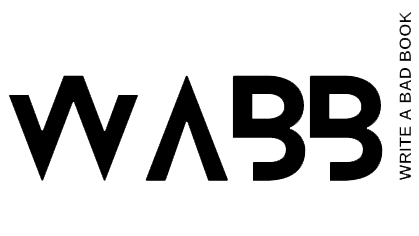Many people would love to write their memoirs or use segments or events from their own life to fuel their fiction writing. Using your own memories will give you a world of material to use during your creative process.
You might wonder if your life is interesting enough or if what you have experienced is exciting or dramatic enough for others to read but remember that what is normal for you is a completely different world for another.
Your memories are unique. There is not another soul on the planet who was there that moment with your mother in your garden that morning in the snow in that specific time in history. No one who smelled the same soup you ate to warm up when you came back, no one who heard her voice the way you did. If this is you, please let go of the judgement and start telling your story!
• Begin by creating a timeline of your life, starting from your earliest memories to the present day. You can use a large sheet of paper or a digital tool.
• Plot significant events, milestones, and key memories on the timeline. Include both positive and challenging experiences.
• After creating the timeline, choose one specific memory that stands out to you. Write a detailed account of that memory, focusing on sensory details, emotions, and any lessons learned. Explore why this memory is significant to you and how it shaped you.
Try to zoom in to those memories as close as you can, so that they are not just memories of a period in your life, but real moments. For example, you might have memories of an illness as a child and were brought to hospital. Zoom in to the moment that you were lifted of the couch on to the stretcher and carried into the ambulance. Do you remember what it looked like, smelled like, felt on your body. Do you remember faces, noises, voices. Did they drive fast or slow?
You will find that one memory is built of many small moments. One by one you can write those moments and write a story that will come to life with detail.



